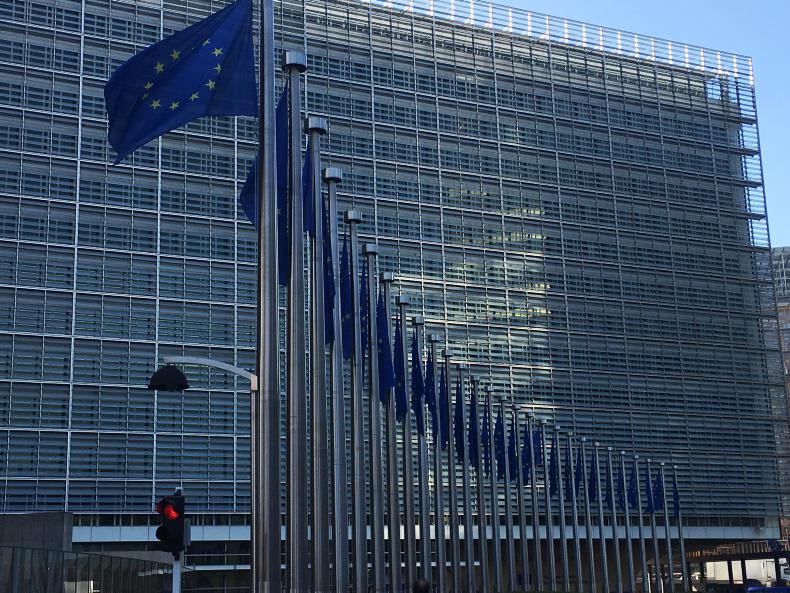It appears that something of a standoff is emerging on the UK’s bill for leaving the EU.
The UK was invited to make proposals on the issue during Brexit talks in Brussels this week. Officials from the UK recognise that there will be a cost incurred, but due to optics it is likely to be presented as payment for future trading relationships rather than a “Brexit bill”. However, sorting out the future status for EU nationals in the UK and vice versa has been the main focus of this week’s discussions.
The general headline is that the UK wants to take back control of migration, make its own trade deals and withdraw jurisdiction from the EU courts in relation to the UK.
If this happens, then the UK defaults to third-country status with the EU bloc, not an à la carte free-trade arrangement that enables the UK do all these and maintain its present arrangement with the EU.
Much has been made of the short visit by Brexit Minister David Davis to Brussels this week. However, it is absence of clear policy and position from Whitehall due to fragmentation of Government policy that is the threat to the UK negotiations rather than the optics of how long the minister spends alongside his specialist negotiators.
House of Lords
Meanwhile, peers in the House of Lords have called for agriculture to remain devolved at its current level to maintain stability. This flies in the face of the Westminster Government which is calling for more powers to be retained in London. The committee report published on 19 July states that the current setup between the UK Government and the devolved parliaments should remain unchanged post-Brexit.
The report calls for London, Edinburgh, Cardiff and Belfast to have a clear and agreed framework for agricultural policy with parties working closely and constructively for all parts of the UK.




SHARING OPTIONS